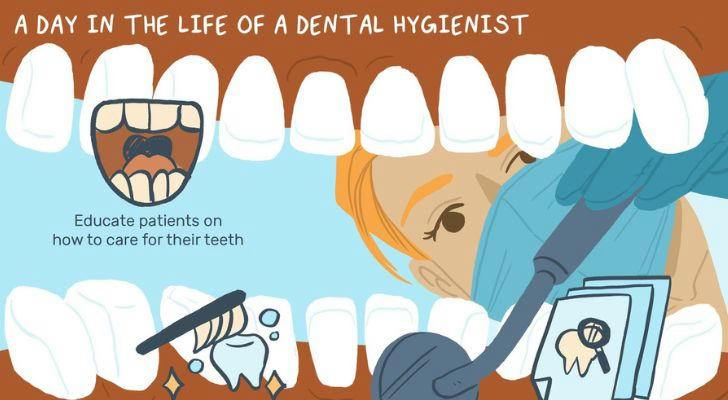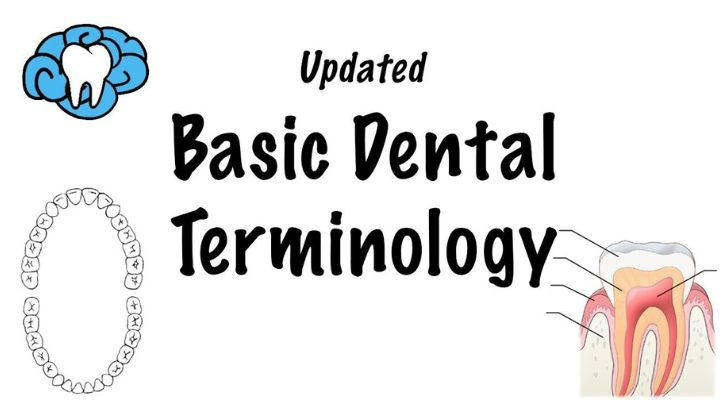What Does a Dental Assistant Do? A Simple Guide
Dental assistants play a vital role in the smooth operation of dental practices across the United States. They serve as the bridge between dentists and patients, ensuring that procedures go smoothly, patients feel at ease, and administrative tasks are handled efficiently. But what exactly does this role involve, and what should someone know before considering a path into this field?

This article provides a clear, practical overview of the dental assistant role — including job responsibilities, required skills, workplace settings, and typical career paths — tailored for individuals exploring practical, in-demand career options.
What Is a Dental Assistant?
A dental assistant is a trained healthcare professional who supports dentists in delivering oral care. Their responsibilities span both clinical and administrative tasks, depending on the setting and the scope of their training.
Dental assistants are not the same as dental hygienists, who perform more advanced cleaning and preventive procedures. While dental hygienists often work more independently, dental assistants typically work under direct supervision and perform a broader range of supportive tasks.
Key Responsibilities of a Dental Assistant
The exact duties of a dental assistant can vary by state and workplace, but typically include:
1. Chairside Assistance
- Preparing patients for procedures
- Handing instruments to the dentist during treatments
- Keeping the work area sterile and organized
- Taking dental impressions or molds
2. Patient Care and Education
- Providing post-procedure instructions
- Helping patients feel comfortable and informed
- Explaining basic oral hygiene practices
3. Administrative Tasks
- Scheduling appointments
- Updating patient records
- Handling billing and insurance documentation
4. Equipment and Infection Control
- Sterilizing instruments
- Preparing trays for procedures
- Ensuring compliance with infection control regulations
According to the U.S. Bureau of Labor Statistics (BLS), nearly all dental assistants work in dentists' offices, while a small number work in government or physician offices.
Where Do Dental Assistants Work?

Most dental assistants are employed in private dental clinics. However, job opportunities also exist in:
- Community health centers
- Hospitals with dental departments
- Specialty dental practices (such as orthodontics or oral surgery)
- Military or government-run dental clinics
- Dental education or research settings
Each environment may emphasize different responsibilities. For instance, dental assistants in a surgical setting may focus more on sterilization and procedural prep, while those in pediatric dentistry may focus more on calming young patients and assisting with child-specific procedures.
Skills and Traits of an Effective Dental Assistant
Becoming a successful dental assistant goes beyond technical knowledge. It also requires strong interpersonal and organizational skills. Key traits include:
- Attention to Detail: For sterilizing tools, preparing materials, and recording patient information accurately.
- Good Communication: To help patients feel at ease and to follow dentist instructions clearly.
- Manual Dexterity: Assisting with procedures often requires steady hands and fine motor skills.
- Teamwork: The role involves constant interaction with dentists, hygienists, and front-desk staff.
- Professionalism: Maintaining patient confidentiality and adhering to clinical protocols is essential.
These qualities often determine how well a dental assistant can handle the daily demands of the job and contribute to a positive patient experience.
Education and Training Requirements
Training for dental assistants varies by state. Some positions are open to individuals with only a high school diploma and on-the-job training, while others require formal education.
Typical training paths include:
- Certificate or Diploma Programs: Offered at community colleges, vocational schools, or technical institutes. These programs often take 9 to 12 months and include both classroom instruction and hands-on practice.
- Associate Degree Programs: These two-year programs include more in-depth coursework and may expand career opportunities in the future.
Some states require dental assistants to be licensed or registered, especially if they are performing expanded duties like radiography or coronal polishing. In such cases, passing an exam — such as the Certified Dental Assistant (CDA) exam offered by the Dental Assisting National Board (DANB) — may be necessary.
To check specific state requirements, the provides a state-by-state breakdown.
How Much Do Dental Assistants Earn?
According to the latest data from the U.S. Bureau of Labor Statistics (2023):
- Median Annual Wage: $47,350
- Lowest 10% Earned: Less than $36,000
- Highest 10% Earned: Over $59,000
Wages may vary based on location, experience level, and whether the assistant performs expanded duties. Urban areas and specialty practices may offer higher pay, while entry-level positions in rural areas may start lower.
Job Outlook and Career Growth
The job outlook for dental assistants is strong. The BLS projects a 7% growth rate from 2022 to 2032, faster than the average for all occupations. This demand is driven by:
- An aging population requiring more dental care
- Increased focus on preventive dental services
- Dentists hiring more assistants to handle routine tasks
For individuals interested in a stable, healthcare-related role with room to grow, dental assisting can be a solid career path.
Career Pathways and Advancement
Dental assisting can also be a stepping stone to other dental careers. With additional education and certification, some dental assistants move into roles such as:
- Expanded Function Dental Assistant (EFDA)
- Dental Hygienist
- Office Manager or Administrator
- Dental Sales or Training
Others may eventually pursue dental school to become licensed dentists. Having prior hands-on clinical experience can be a valuable foundation.

Is Dental Assisting Right for You?
For individuals who enjoy working with people, have a steady hand, and prefer a fast-paced, organized work environment, dental assisting can be a rewarding career. It offers a mix of patient interaction, technical work, and administrative duties — making it an ideal fit for multitaskers with an interest in healthcare.
Conclusion
Dental assistants are key members of the dental care team. They handle a wide range of tasks that support patient health, keep dental offices running smoothly, and ensure that patients receive efficient, compassionate care. With accessible training options, good job security, and potential for career advancement, this profession offers a meaningful path for those exploring careers in healthcare.
